Scam Alert: Avoiding Post-Hurricane Scams
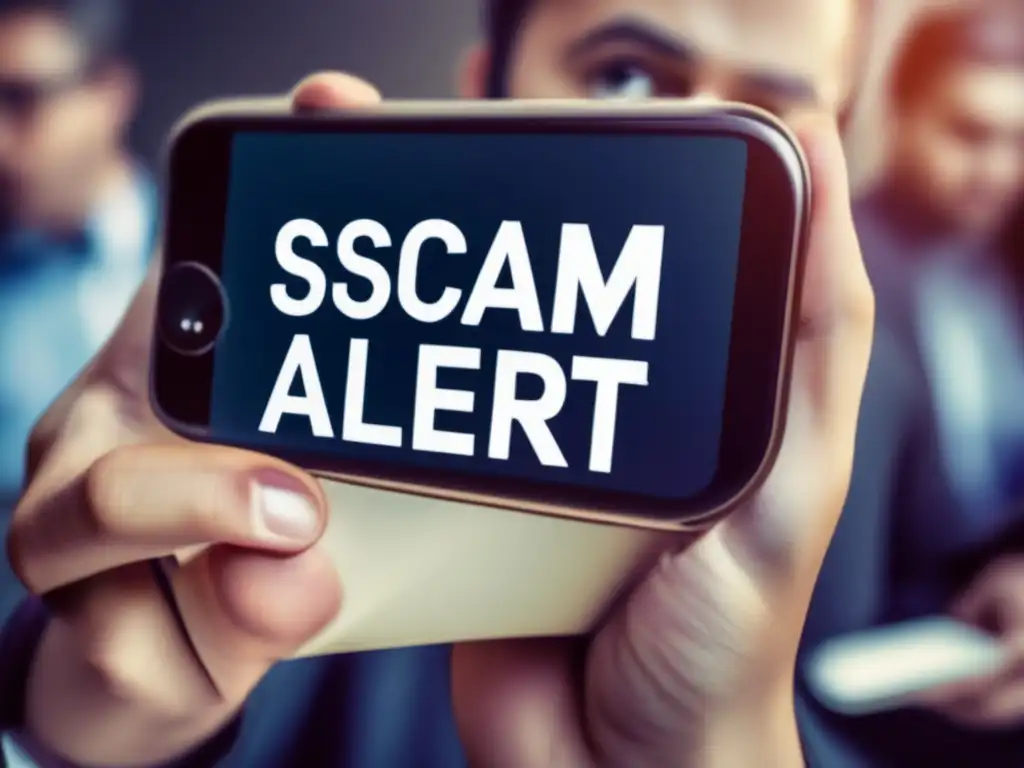
Scam Alert: Avoiding Post-Hurricane Scams
Introduction
The aftermath of a hurricane is often characterized by destruction and chaos. In the midst of the turmoil and confusion, many people find themselves vulnerable to scams and fraudulent activities. Criminals take advantage of this vulnerability and prey on individuals in need of assistance or who are desperate to rebuild their lives. Hurricanes Irma, Harvey, and Maria served as a harsh reminder that there are scammers out there looking to profit from others' misfortunes. It is essential for everyone living in hurricane-prone areas to be aware of the potential scams and to take necessary precautions in order to avoid them.
Types of Post-Hurricane Scams

Identity Theft
Identity theft is a significant problem during hurricanes and other natural disasters. Scammers use personal information to commit fraud, such as opening credit cards or taking out loans in someone else's name. They may also pose as government officials or representatives of disaster relief organizations to obtain sensitive information like social security numbers, home addresses, and bank account numbers. You should never give your personal information to anyone claiming to represent an organization if you did not initiate contact with them first. Always confirm their identity and the legitimacy of the organization before sharing any personal information.
Fraudulent Charities
Another common post-hurricane scam is fake charities. Scammers will create fake charities or relief funds to collect money or goods from well-meaning individuals who believe they are donating to a legitimate cause. The scammers will then pocket the donations instead of using them to help those in need. Before donating money or goods to a charity or relief fund, research and verify the organization's legitimacy. Check to see if they are registered with the Better Business Bureau or if they are listed on websites like Charity Navigator or GuideStar.
Home Repair Scams
After a hurricane, many people need home repairs or renovations. Unfortunately, some scammers will pose as contractors and offer to repair homes or roofs for a low price. They take the money, do little or no work, and then disappear. Some may even demand payment in advance, leaving the homeowner with no recourse. Always get multiple quotes from licensed contractors, and verify their license and insurance information before hiring them. Get a written contract, and never pay for the full job upfront.
How to Avoid Post-Hurricane Scams
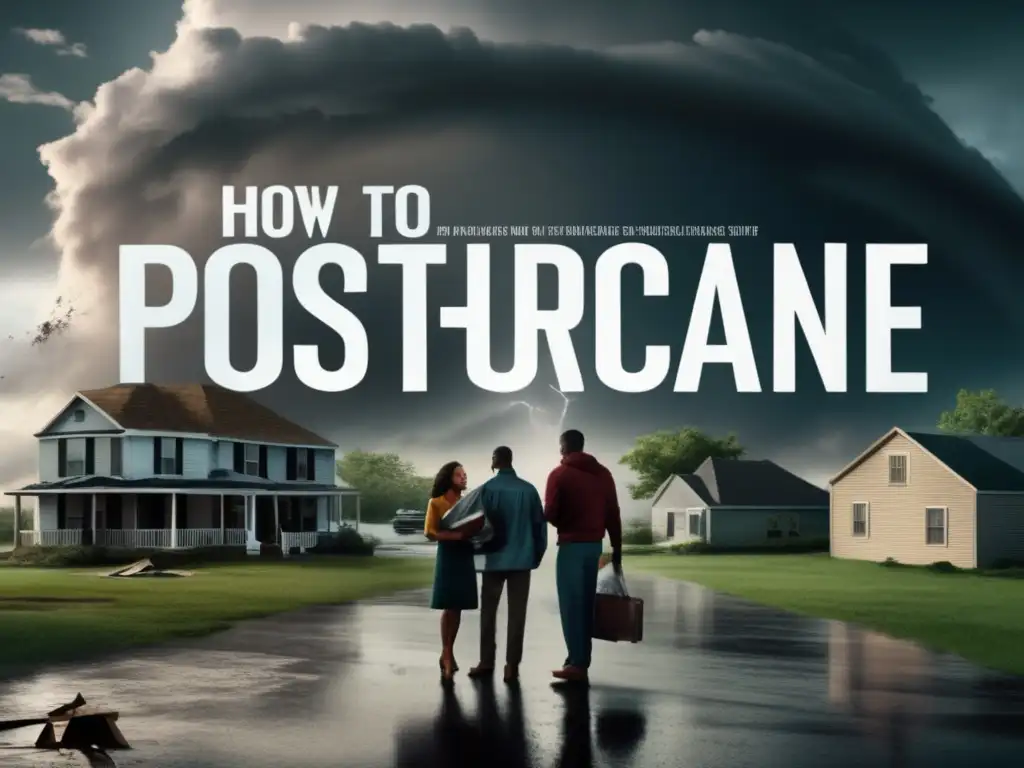
Be Cautious of Unsolicited Offers
If someone contacts you offering repair services, financial assistance, or other help in the aftermath of a hurricane, be cautious. Do not provide any personal information or payment until you have verified their identity and the legitimacy of the organization they claim to represent.
Do Your Research
Before donating, hiring a contractor, or providing personal information, research the organization or individual thoroughly. Contact the Better Business Bureau or state licensing agency to verify their legitimacy. Check online reviews and ask for references.
Avoid Cash Payments and Upfront Fees
Most legitimate contractors or relief organizations will not require cash payments or large upfront fees. Be wary of anyone that demands payment in cash or requests payment upfront. Get a written contract and pay for services rendered only after the work is completed to your satisfaction.
Frequently Asked Questions

-
What should I do if I suspect a scam?
If you suspect a scam or have been a victim of a scam, report it to your local law enforcement agency, the Better Business Bureau, or your state attorney general.
-
How can I verify a charity's legitimacy?
You can verify a charity's legitimacy by checking if they are registered with the Better Business Bureau, checking their rating on websites like Charity Navigator or GuideStar, and verifying that they are a 501(c)(3) tax-exempt organization.
-
What should I do if I need home repairs after a hurricane?
Get multiple quotes from licensed contractors, verify their license and insurance information, and get a written contract. Never pay for the full job upfront and pay only after the work is completed to your satisfaction.
-
How can I protect myself from identity theft?
Do not provide personal information to unsolicited callers or emails. Verify the identity of anyone claiming to represent a government agency or relief organization. Monitor your credit report regularly, and report any suspicious activity to your bank or credit card company.
-
Why do scammers target hurricane victims?
Hurricane victims are often in a vulnerable position and may be desperate for help. Scammers take advantage of this vulnerability and prey on those in need of assistance.
Conclusion
Post-hurricane scams can be devastating to victims already dealing with the aftermath of a natural disaster. It is essential to be aware of potential scams and to take necessary precautions to avoid them. Protect yourself by being cautious of unsolicited offers, doing your research, and avoiding cash payments and upfront fees. By staying alert and informed, you can help prevent scams and protect yourself and your loved ones from further hardship.
If you have any additional questions or concerns, please do not hesitate to reach out to your local law enforcement agency, the Better Business Bureau or your state attorney general.
Additional Resources
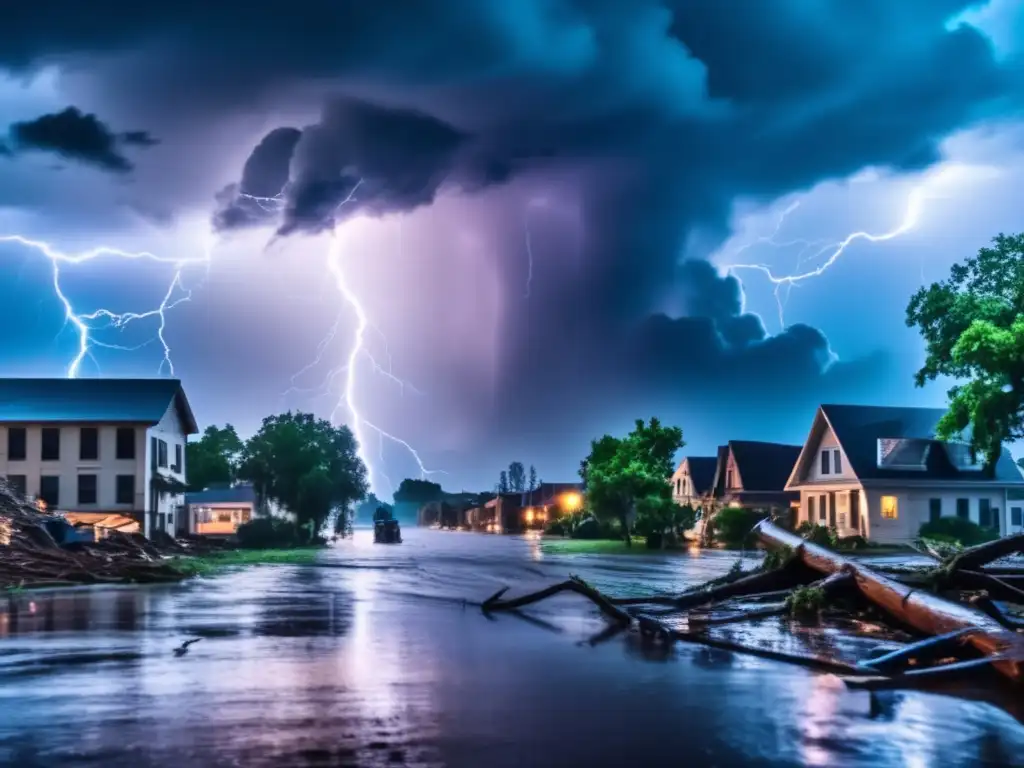
Check out these resources for more information on avoiding post-hurricane scams:
- FEMA Hurricane Irma Rumor Control
- National Voluntary Organizations Active in Disaster
- FTC Scam Alerts
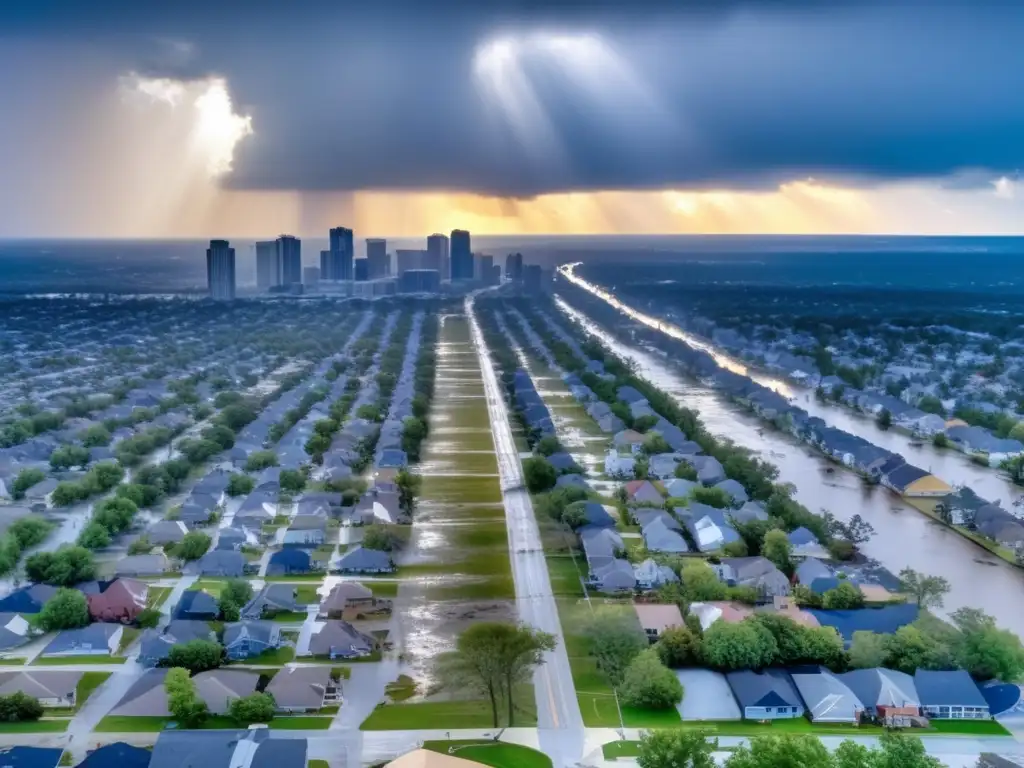 Documenting Damage: The Importance Of Records Post-Hurricane
Documenting Damage: The Importance Of Records Post-Hurricane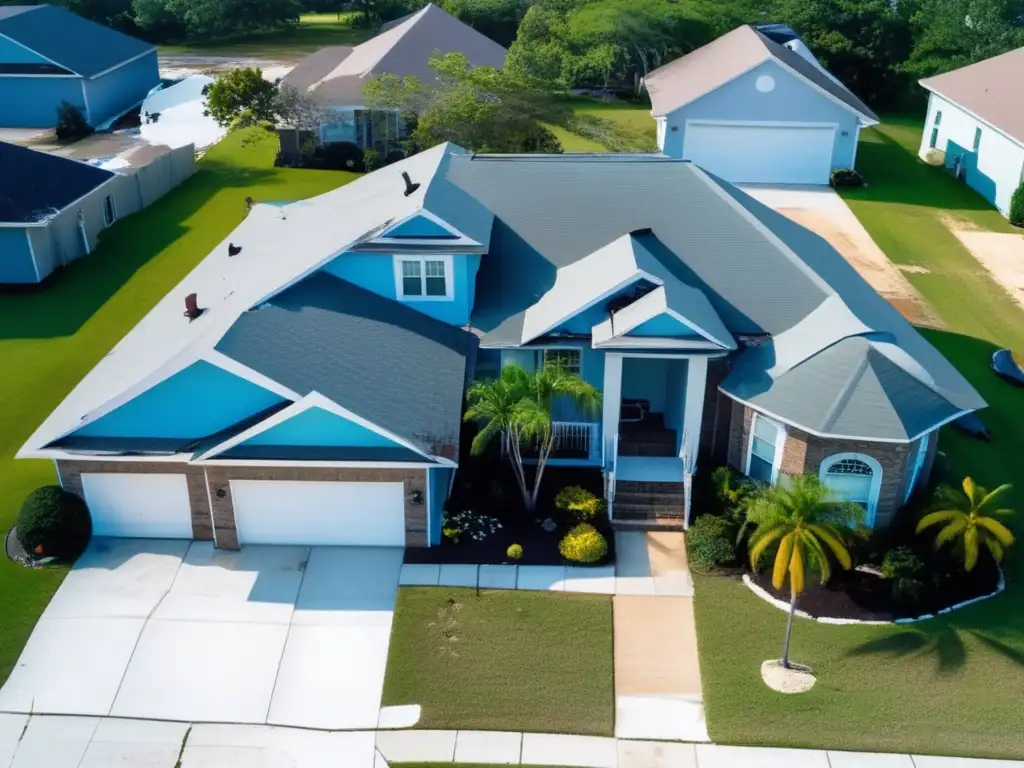 Assessing And Repairing Roof Damage After A Hurricane
Assessing And Repairing Roof Damage After A Hurricane Keeping Spirits High: Staying Positive During Recovery
Keeping Spirits High: Staying Positive During RecoveryIf you want to discover more articles similar to Scam Alert: Avoiding Post-Hurricane Scams, you can visit the Hurricane recovery: category.
Leave a Reply

Articulos relacionados: